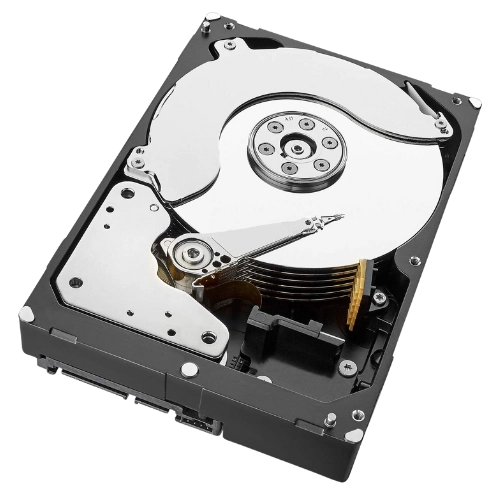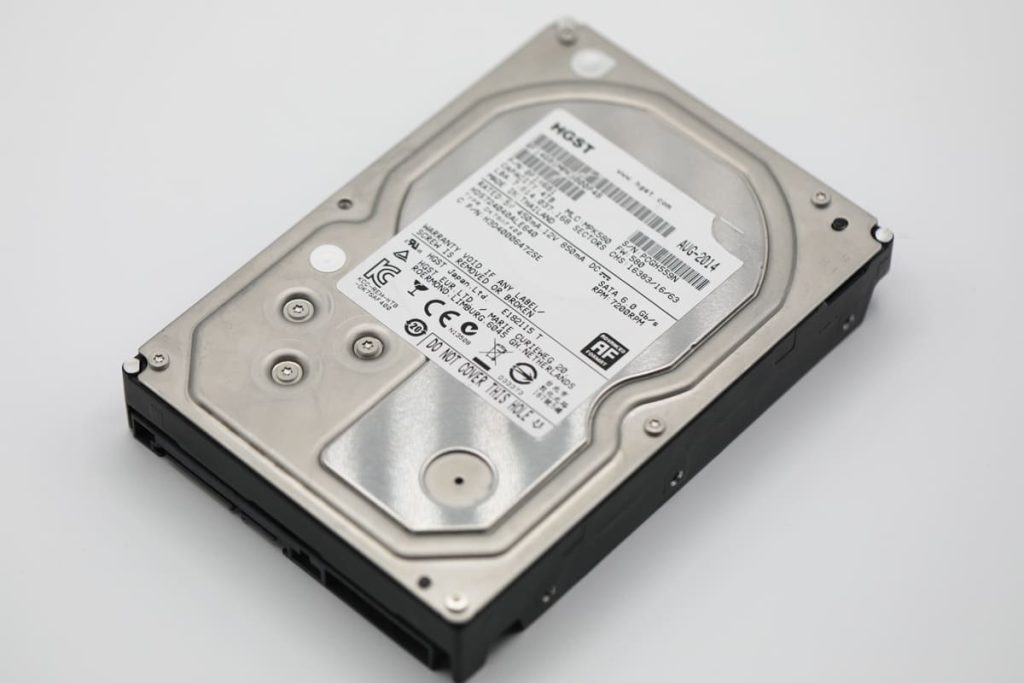Hard drive failure is a common problem that can occur in any computer. It can result from physical damage, malware, or natural wear and tear.
Fortunately, there are steps you can take to prevent hard drive failure and minimize the risk of data loss. In this guide, we’ll cover simple and effective steps to ensure your hard drive runs smoothly.
Regular Maintenance
Regular maintenance is key to extending the lifespan and ensuring top performance of any machine or system. Adhering to a regular maintenance plan helps prevent sudden failures, reduces repair expenses, and ensures equipment operates smoothly.
Benefits of Regular Maintenance
Regular maintenance offers numerous benefits, including enhanced safety, increased equipment lifespan, and improved performance. It also helps spot potential issues before they become major problems, saving time and resources over time.
Creating a Maintenance Schedule
Creating a maintenance schedule involves identifying the critical components of your machinery or system that require regular check-ups and determining the frequency of these checks.
It’s essential to prioritize tasks based on the equipment’s usage, the manufacturer’s recommendations, and past maintenance records.

Implementing a Preventive Maintenance Program
Implementing a preventive maintenance program is a proactive approach to maintenance. This involves regular inspections, servicing, and replacements to prevent equipment failure. A well-planned preventive maintenance program can significantly reduce the risk of downtime and increase the reliability of your system.
Maintaining your equipment regularly is not just about preventing breakdowns; it’s about ensuring efficiency, safety, and reliability. Regular maintenance is crucial for optimal performance, whether it’s for industrial machinery, vehicles, or household appliances.
Backup Your Data
It’s essential to back up your data to avoid losing it due to hard drive failure. Better safe than sorry, especially with important files and documents that are hard to replace.
Choosing a Backup Method
There are various methods available for backing up your data, including external hard drives, cloud storage, and network-attached storage (NAS). It’s essential to choose a backup method that best suits your needs and budget.
Scheduling Regular Backups
After selecting a backup method, scheduling regular backups is key. This guarantees your data remains current and recoverable in the event of hard drive failure or similar emergencies. Opting for automatic backups can save time and minimize the chance of overlooking data backup.
Avoid Physical Damage
Physical damage often leads to hard drive failure. Accidents like dropping a laptop, exposing computers to extreme temperatures, or mishandling external hard drives can cause this.

These events may result in data loss and system malfunctions, emphasizing the importance of protecting your computing devices’ physical integrity.
To prevent damage, careful handling and taking precautions are crucial. Adopting proactive device management strategies is crucial for minimizing the risks of physical damage.
Protective measures include using cases during transportation to shield devices, avoiding exposure to extreme environmental conditions, and ensuring devices are stored in stable, secure locations.
Furthermore, employing cooling pads can be an effective way to prevent overheating, offering an additional layer of protection against potential harm to your devices.
Keep Your Hard Drive Cool
Heat is a major cause of hard drive failure. Excessive heat can damage your hard drive’s delicate components, leading to malfunctions or complete failure.
To prevent this, make sure that your computer has proper ventilation and is not placed in direct sunlight. When using a laptop, don’t put it on soft surfaces like beds or couches to prevent blocking air vents and overheating.
Protect Against Malware
Malware can corrupt data or damage system files, leading to hard drive failure. Protect your computer with robust antivirus and anti-malware software. Be cautious with downloads and links from unknown sources.
Regular scans and software updates can prevent hard drive failure. Be proactive to prevent hard drive failure. Maintain your system and back up data regularly.
Avoid physical damage and protect against power surges. These steps can reduce the risk of hard drive failure.

Prioritize maintenance to prevent issues from becoming major problems. Implement these measures to safeguard your hard drive and data.
How to Choose Hard Drive?
Choosing the right hard drive is key to your system’s smooth operation and longevity. Several factors, including storage capacity, speed, and reliability, must be considered when selecting a hard drive.
Storage Capacity
The storage capacity of a hard drive, measured in terabytes (TB), determines its data storage limit. When selecting a hard drive, consider present and future storage needs. For large files or extensive data, choose a larger-capacity drive.
Speed
Hard drive speed, measured in RPM, affects data access and transfer rates. Higher RPM boosts performance, which is essential for data-intensive tasks like gaming or video editing.
Reliability
Reliability is crucial in choosing a hard drive. SSDs, with no moving parts, are more reliable and generally pricier than HDDs. Balancing cost and reliability is key when selecting your system’s hard drive.
Compatibility
It’s crucial to ensure that the hard drive you choose is compatible with your system. This includes checking the type of interface (SATA vs. NVMe) and the physical size of the hard drive (2.5-inch vs. 3.5-inch). Consulting your computer’s manual or a professional can help determine which type of hard drive will work best for your system.
Choosing the right hard drive is key to your system’s performance and durability. Consider storage capacity, speed, reliability, and compatibility. Regular maintenance is key to optimal functioning, extending your hard drive’s lifespan and preventing future issues. So, choose wisely for a smooth computing experience and always prioritize maintenance to avoid potential problems.
Choose Us for Hard Drive Failures
It’s crucial to have a reliable data recovery service for hard drive failures. Data Recovery New York specializes in all types of hard drive failures. This includes physical damage, logical errors, and malware attacks. Our skilled technicians employ advanced methods and top-notch equipment.
We quickly and securely recover your lost data. We understand your data’s importance and ensure its confidentiality. We provide clear pricing and outstanding customer service. Trust us to carefully handle your hard drive failure. Contact us today for your data recovery needs in New York!
Frequently Asked Questions
What causes hard drive failure?
Hard drive failures stem from physical damage, overheating, power surges, and malware. Drops, spills, and rough handling can cause physical harm. Inadequate cooling leads to overheating, while electrical spikes and malware corrupt files and sectors.
What are the signs of hard drive failure?
Odd noises, frequent crashes, slow data access, missing files, and the BSOD are signs of hard drive failure. Back up your data immediately and seek professional help if you notice these symptoms.
Can I recover data from a failed hard drive?
Data recovery from a failed hard drive is possible, depending on the type and severity of the failure. Physical damage requires professionals, while software can often resolve logical issues. To avoid further data loss, stop using the drive and consult a professional if unsure.
How long does a typical hard drive last?
The lifespan of a hard drive depends on its type, usage, and environment. Typically, HDDs last 3 to 5 years, and SSDs 5 to 7 years. Excessive use, power surges, and harsh conditions can shorten this lifespan. Regular data backups are crucial to prevent data loss when a hard drive fails.
Can regular software updates impact hard drive health?
Regular software and firmware updates boost your hard drive’s health by improving stability, performance, and compatibility, extending its lifespan, and protecting data from security threats.

